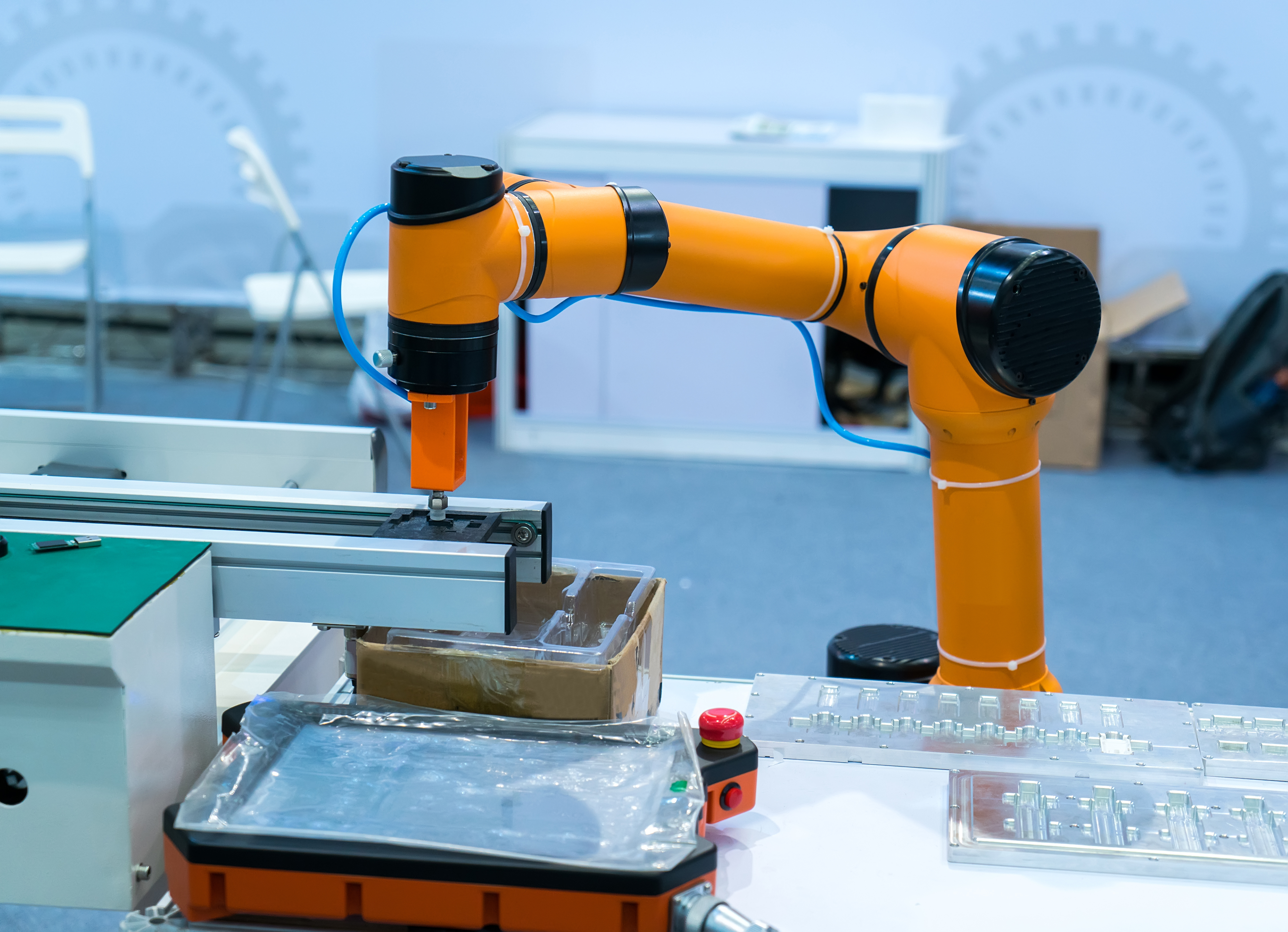By Justin O’ Connell,
Futurists imagine a day where robots might own ‘themselves’, and even trade property with other robots. Some believe bitcoin could even become the ‘currency of AI.’
Robotic Bitcoiners
What if robots are self-sovereign entities and they can own property, own money, have legal rights and so forth?
“There’s actually a lot of precedence for that,” says Jeff Garzik, bitcoin developer and CEO of Bloq, enterprise blockchain developer with emphasis on networks like bitcoin. “It’s been assumed as inevitable that robots will exist and they will own property.”
Mr. Garzik believes robots could one day be considered legal persons, and even trade bitcoins. The bitcoin developer cites how corporations enjoy legal personhood.
“It’s a legal fiction that they are an entity separate from an individual person,” he told Bitcoin.com. “Entity-hood means corporations can own property, and that they are liable. They are sued instead of individuals running the company.”
Like a corporation, robots will soon be able to hold value. “We see with bitcoin and cryptocurrencies situations where the technology allows one person to control one-fifth of an asset,” the Bloq founder explained, referring to a multi-signature transaction protocol where three out of five private key holders must sign off for a transaction to be executed.“What if the asset-holders were robot shareholders in a corporation or property? [That’s] pure code, pure robotic script. And Bitcoin helps with that. Cryptocurrency startups are building autonomous agents right now.”

“Robot scripts can hire people, they can invest in things with cryptocurrency, and hedge funds even use robot-advisors with some sense of individuality already,” elucidates Mr. Garzik, who believes self and identity are the minimum for having an ‘electronic person,’ the policy term for a robot with legal recognition.
‘Robots’ do trade amongst themselves already on Wall Street. The U.S. brokerage and banking company Charles Schwab has intelligent robot advisors, which the firm markets. On Wall Street, financial analysts are being replaced by robots that read – and react – toTwitter feeds.
Bots also read Reuters, AP, CNBC Financial Times, Bloomberg to forecast how world events might impact the market it trades – from particular assets, equities, commodities, etc.
“Both stock trades and real world events like Brexit happen so fast,” the former bitcoin core developer reasons, “that humans cannot react to this huge volume of information quickly and in an unemotional, logical manner. Crypto currencies and machine learning are thus converging rapidly.”
A Near-Future Scenario
Mr. Garzik, who specifically believes bitcoin could be the currency of narrow or artificial intelligence, suggests the European Union might recognize the inevitability of robot personhood. A draft motion of the European Parliament last summer suggested robot workers be classified as ‘electronic persons.’ Their owners would have to pay social security for them based on the amount of labor costs the employer saved by using a robot rather than a human, according to the draft European Parliament motion dated May 31, 2016.
Robots could claim copyright on intellectual property and trade money, if the EU adopted the draft. Alongside private property and other legal rights for robots, society will need to determine how one can sue a robot who is liable for damage.
“Bitcoin is such a natural thing to pair with AI,” says Richard Craib, founder of Numerai, a data-based San Francisco hedge fund. “Maybe not super important to consumers, but when you want to have software interacting anonymously and people submitting predictions to hedge funds, it makes a lot sense.”
In a future where a property can own itself, Mr. Garzik wonders, “What happens when your toaster notices your refrigerator has a fault and shorts the stock of the refrigerator manufacture in bitcoin?”


